SOUMIK DATTA’S animation film, Songs of the Earth, which he has written and directed, and for which he has also composed the music, is due to premiere at the COP26 climate change conference in Glasgow and the Royal Albert Hall in London, with a preview for delegates at 10 Downing Street.
The film is said to be a response to climate change, “weaving issues from migration, extreme weather to ocean pollution, deforestation and sustainable fashion through original narrative, songs and immersive visuals”.
The 24-minute film, which I have seen, reminds me a little of the magical Walking in the Air from The Snowman. There is also a touch of Kipling’s The Jungle Book.
The animation has been done by Anjali Kamat and Sachin Bhatt. The film, commissioned by the British Council, follows Asha, a young climate refugee from Bengal, as she searches for her missing father through the flood banks of the Sundarban delta, burning forests and melting polar ice caps.
Asha’s story unfolds at the same time as Amal, the Syrian puppet, walks across Europe and England, in search of her mother.
This is a story I can identify with as my niece in Kolkata is currently doing her PhD research in the Sunderban area, talking to local women about their lives. I keep telling her, “Be careful of the tigers,” but she says, “I’m in a town – they are far away.”

Songs of the Earth is a blend of vocals, saxophone, drums, sarod, cello and meditative samples of nature, bringing together an ensemble cast of musicians, singers and voice actors from the UK and India.
Soumik said: “At the heart of the film is a question – is our behaviour as a people sustainable? As consumers, many of us are part of a cycle of buying and discarding – and somehow the photos of polluted oceans, landfill mountains and toxic rivers don’t always connect back to us.
“I’d love for young people to respond to Songs of the Earth and think about how they could make small changes to the environment around them and start valuing this behaviour as a measure of good citizenship – as a badge of humanity.”
“I’m most proud of my collaborators Sachin Bhatt and Anjali Kamat who visualised the story from page to screen and helped me manifest my lead character, Asha, and the climate emergency that spirals around her.”
The Sunderbans are a long way from London, increasingly prone to flash floods. The world is looking to COP26, which is why I am glad that the Indian prime minister Narendra Modi has announced he is coming.
Brains beaten by Gurmit’s questions
ON THE BBC’s long-running contest, Brain of Britain, two questions sent in by a listener, Gurmit Singh, beat the four semi-finalists last week.
The contestants, vying for a place in the final, were Heather Auton, a retired marketing director from Amersham; Edward Brunt, a retired IT analyst from Altrincham; Innis Carson, a researcher from Belfast; and Alan Hodgson, a customer service assistant from Macclesfield.
Gurmit’s questions were read out by the programme’s quiz master, Russell Davies. “Gurmit’s two questions have a roughly geographical theme, and here’s the first of them. In the fictional world, the character Sancho Panza, the companion of Don Quixote in Cervantes’s famous novel, is awarded a territory to govern as part of a prank. Can you name this territory?”
The four brains admitted that they had “no idea”.
“It’s not the sort of thing you can guess, is it?” observed Davies. “Well, I can tell you it isn’t because I have the answer – which I didn’t know. It is Barataria Island. The episode occurs in volume two of the novel…
“But even if you are not familiar with Don Quixote, you may know the name from the Gilbert & Sullivan opera, The Gondoliers, which is subtitled, The King of Barataria, taking conscious inspiration from Don Quixote.”
Davies continued: “Well, here is Gurmit Singh’s second question. In the real world, where can one find a genuine place called Barataria Bay?”
The four said: “We’ll go for Antarctica.” Davies reacted: “That’s brave of you, but I’m afraid it ain’t right. It’s in the Gulf of Mexico on the coast of Louisiana, south of New Orleans.
“Well done, Gurmit Singh, and thank you for your tricky questions which the brains couldn’t tackle at all. Your prize (a book token) will be with you soon…. we owe Gurmit Singh the most enthusiastic congratulations, and that requires us to summon a real audience from the Brain of Britain archives at full volume.”
Gurmit, who lives in Lancaster, quipped: “Didn’t realise I would get famous from Brain of Britain questions. I wasn’t even one of the contestants.”
Brain of Britain is produced by Paul Bajoria, who said: “My dad came to the UK in the late 1950s to take medical qualifications. He met and married a nurse in the hospital where he was working, and much against his expectations, never returned to live in India."
Nooyi’s lunch interview
I NOTE that when former PepsiCo chief Indra Nooyi had lunch with the Financial Times, she sipped Evian water. As she is vegetarian, she had a grilled cheese sandwich with tomato soup.
The bill for lunch with Andrew Edgecliffe-Johnson, the FT’s US business editor,
in the Grand Salon restaurant of the Baccarat Hotel in Midtown Manhattan came to $178.34 (£129).
He had lobster spaccatelli for $47 (£34) and a glass of Maison Jessiaume Bourgogne Blanc for $36 (£26). The occasion was the publication of Nooyi’s book, My Life in Full: Work, Family, and Our Future, but the interview covered the problems of women at work and America’s obesity crisis.
“Indra Nooyi will have still water, thank you,” wrote Edgecliffe-Johnson. “The woman who ran PepsiCo for a dozen years stepped down as chief executive three years ago, so no longer needs to be seen sipping its namesake cola or nibbling Doritos in public.
“Besides, after spending so long defending its sugary drinks and salty snacks to anyone who blamed them for America’s obesity epidemic, she is not about to kick off a lunch with a journalist by plunging straight into a debate about calories.”
Nooyi, who sits on Prince William’s Earthshot Prize Council, revealed: “I said to William... there’s a push and a pull. Companies can do a lot to reduce plastic in their offerings, but if the consumer doesn’t demand bottles that are recycled... You can only do so much as a push.”
Edgecliffe-Johnson observed, “As I set my phone to record our conversation, she does the same, seemingly to ensure she will not be misquoted.”
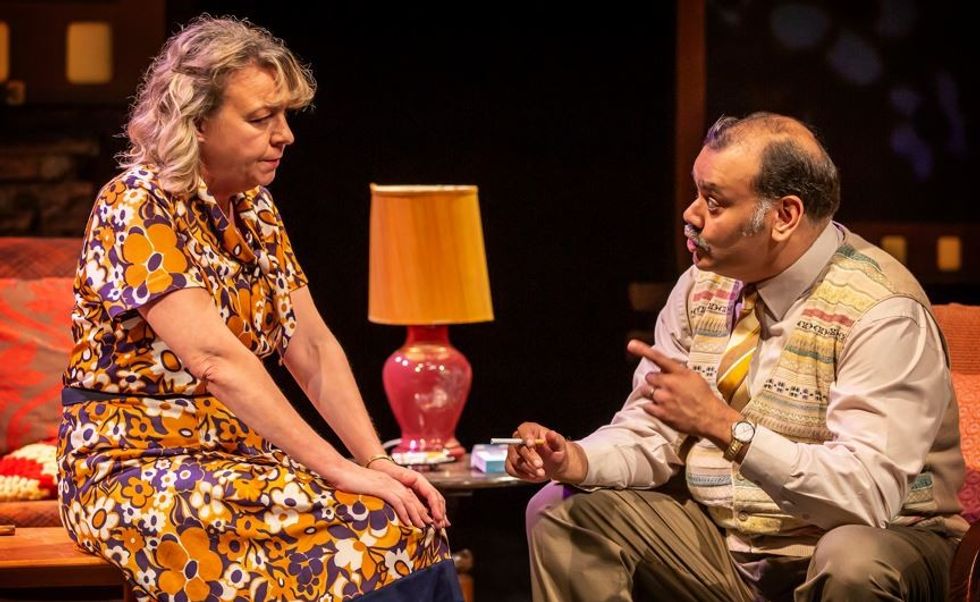
Apologies, Bill Alexander
I OWE profound apologies to Bill Alexander, who was artistic director of the Birmingham Repertory Theatre in 1996 when Ayub Khan Din’s East is East premiered there in 1996.
What possessed me to use the word “late” in front of Alexander’s name recently, in writing about the latest production of the play at the National Theatre, I do not know.
But Alexander is very much in the land of the living, I am pleased to report. Perhaps I was thinking of Om Puri, who starred as “George” Khan in the film version of East is East.
Alexander currently works freelance, having put in a nine-year stint as artistic director and chief executive of the Birmingham Rep, having moved there from the Royal Shakespeare Company in 1992.
I am mortified and covered myself in sackcloth and ashes. My deepest apologies to Alexander, his family and friends.
Pakistan’s cricket triumph
INDIANS everywhere should be generous and applaud Pakistan’s emphatic win in the T20 World Cup in Dubai last Sunday (24). India and Pakistan, united in friendship, is a dream worth pursuing.






 Priya Malik
Priya Malik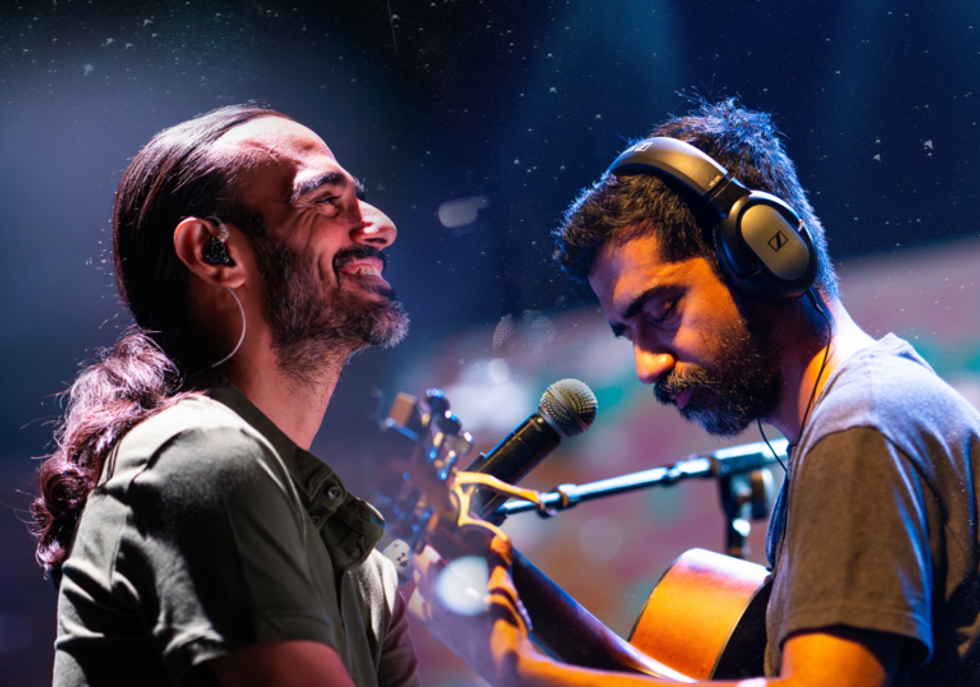 Kaavish
Kaavish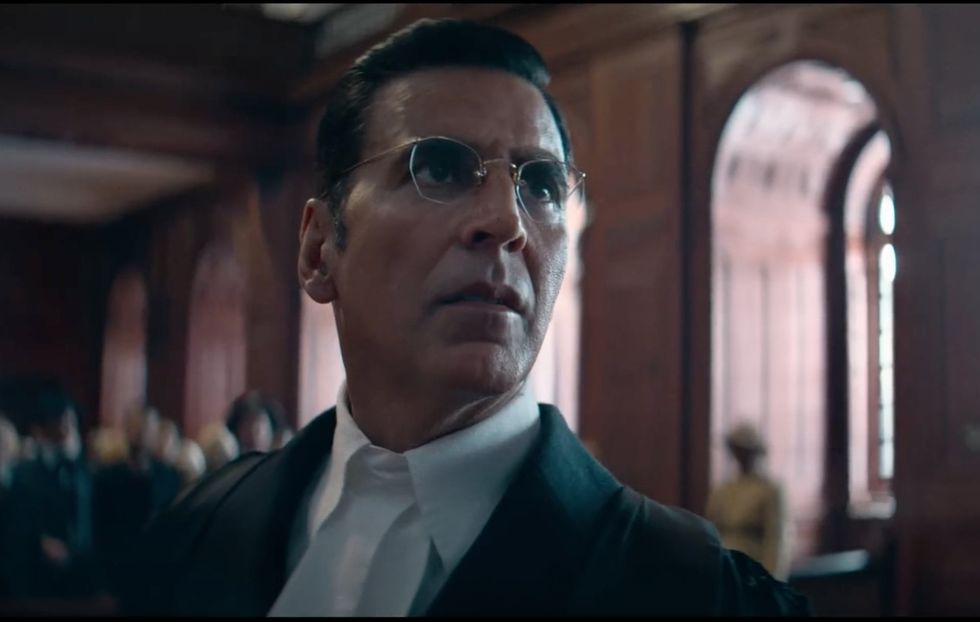 Kesari: Chapter 2
Kesari: Chapter 2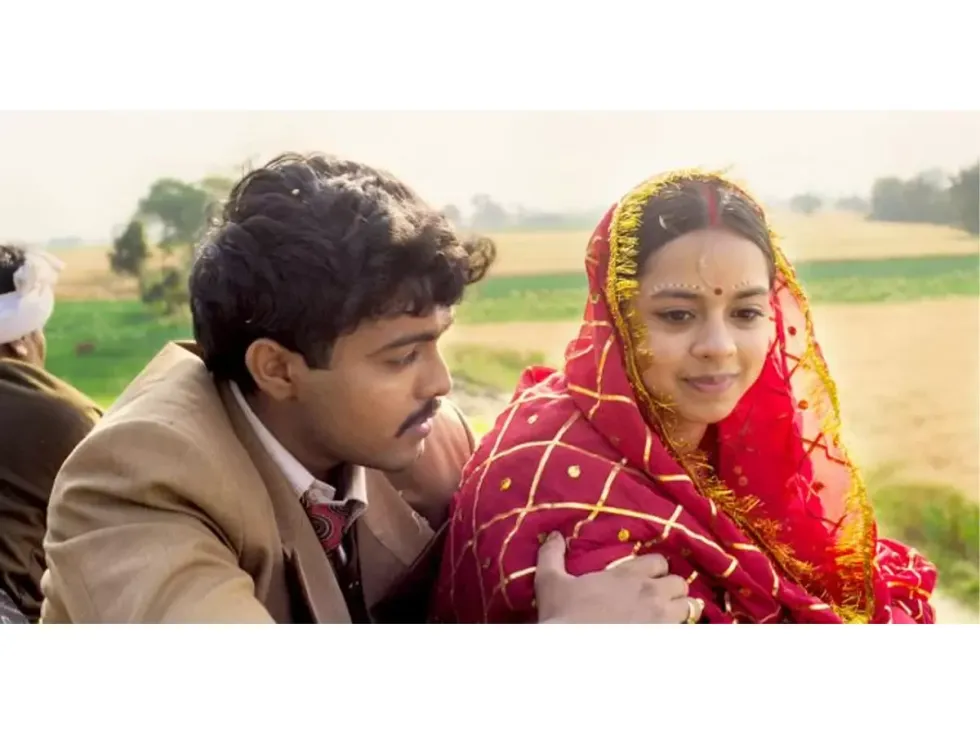 Laapataa Ladies
Laapataa Ladies Rizwan Muazzam
Rizwan Muazzam Manasi Ghosh
Manasi Ghosh Kavya Limaye
Kavya Limaye L2: Empuraan
L2: Empuraan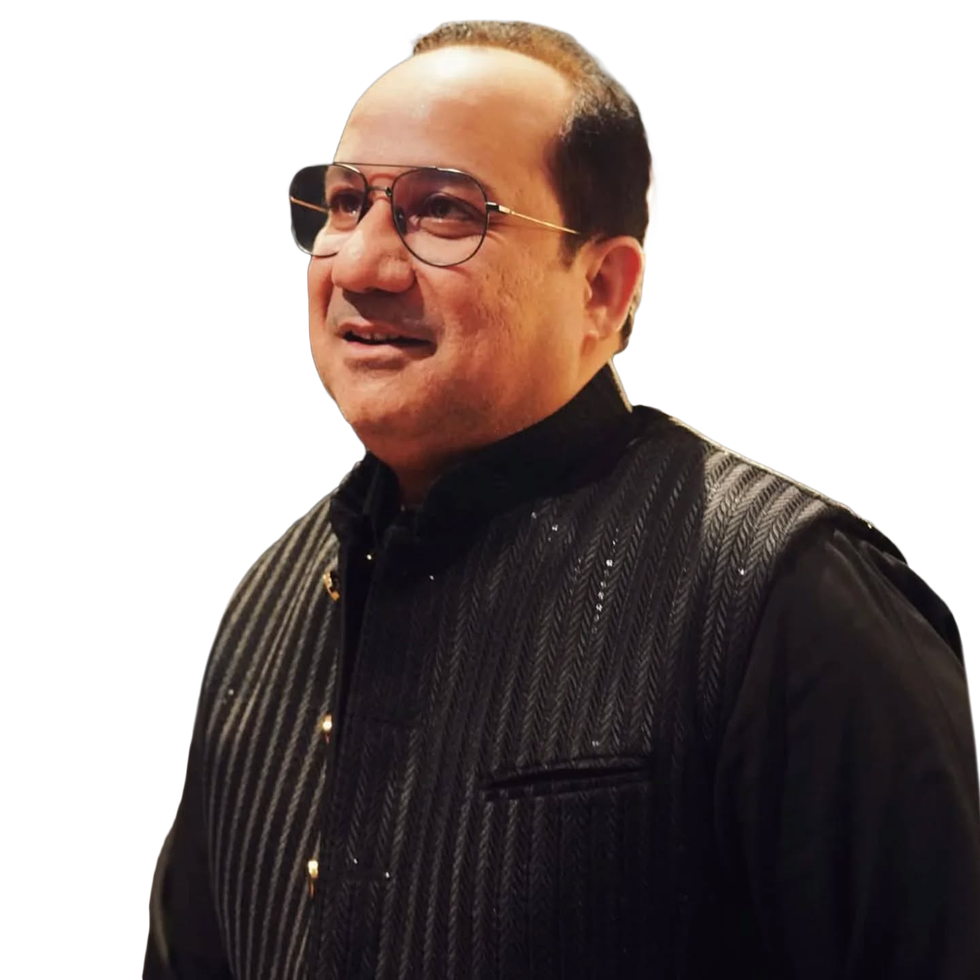 Rahat Fateh Ali Khan
Rahat Fateh Ali Khan









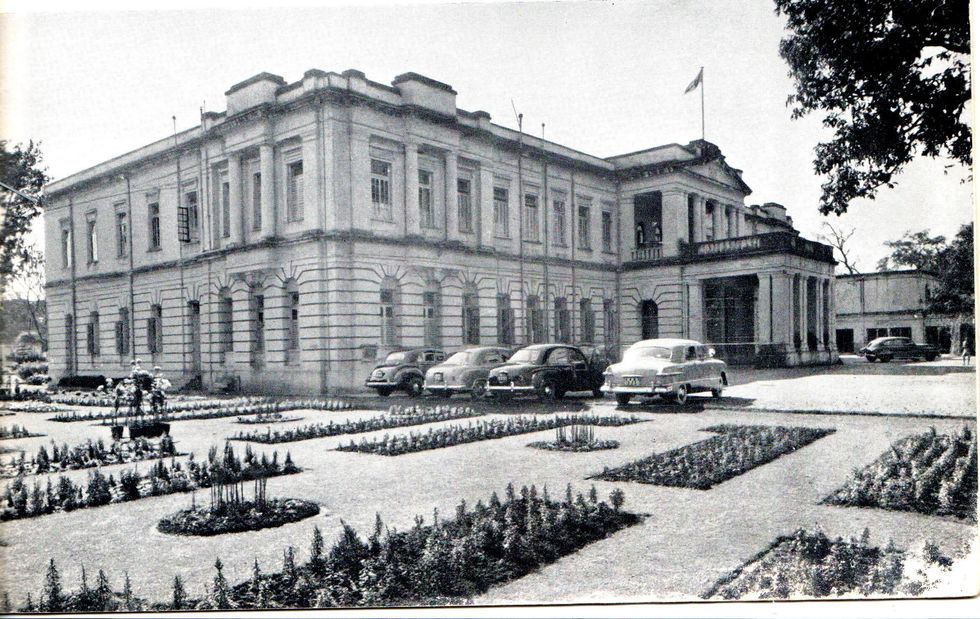 The Calcutta Club
The Calcutta Club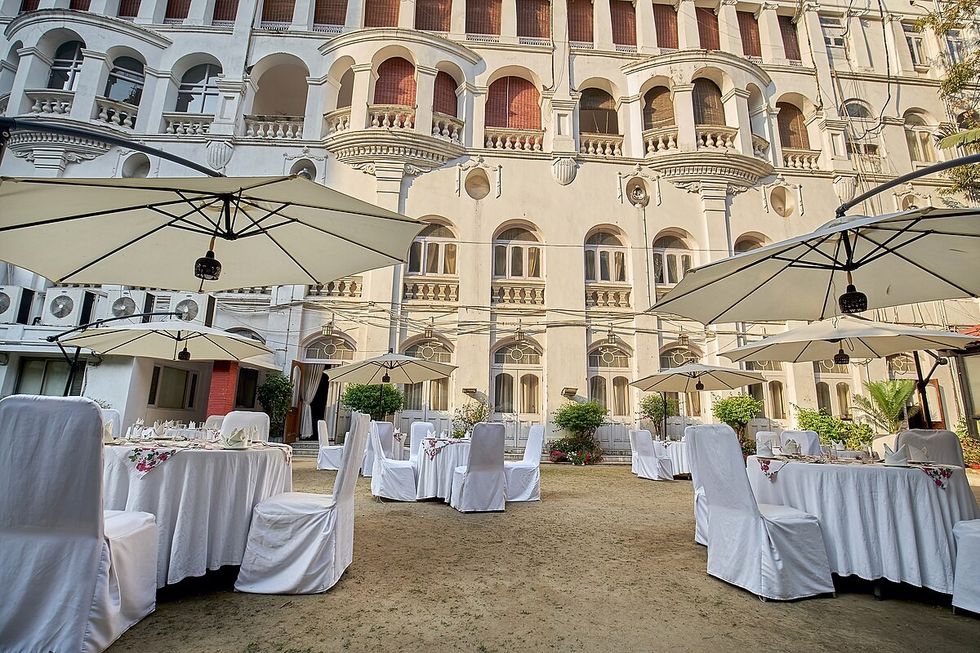 The Bengal Club lawns
The Bengal Club lawns


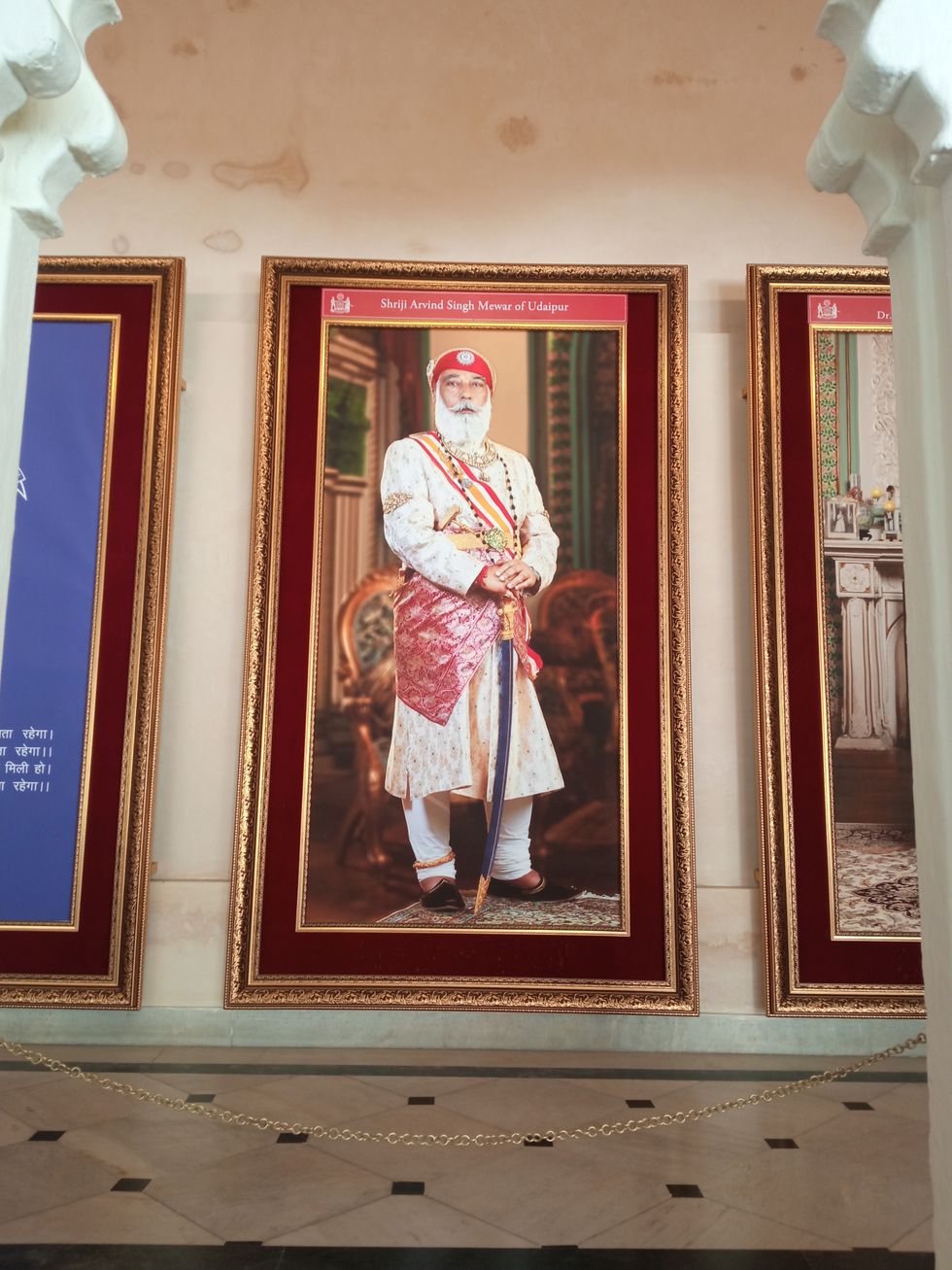 His portrait in the City Palace
His portrait in the City Palace
 Pakistani artist Moazzam Ali Khan caught the attention of Bollywood legend Javed Akhtar with his soulful YouTube cover of Yeh Nain Deray Deray
Pakistani artist Moazzam Ali Khan caught the attention of Bollywood legend Javed Akhtar with his soulful YouTube cover of Yeh Nain Deray Deray John Abraham to headline action thriller Tehran
Getty Images for DIFF
John Abraham to headline action thriller Tehran
Getty Images for DIFF
 Tikri Border, Haryana-Delhi by Aban Raza
Tikri Border, Haryana-Delhi by Aban Raza Harmz Matharu
Harmz Matharu Abhishek Bachchan in Be Happy
Abhishek Bachchan in Be Happy Devika's soulful vocals shine in her new Punjabi ballad Wisteria
Devika's soulful vocals shine in her new Punjabi ballad Wisteria Indian Idol star Nitin Kumar promises a soulful mix of qawwali, Sufi, and folk music at his upcoming UK performance
Indian Idol star Nitin Kumar promises a soulful mix of qawwali, Sufi, and folk music at his upcoming UK performance Kunal Kamra during his show
Wikipedia
Kunal Kamra during his show
Wikipedia
 Swiss-Indian singer BombayMami is making waves with her bold style and sound
Swiss-Indian singer BombayMami is making waves with her bold style and sound Hania Aamir receives a questionable honour in London
Hania Aamir receives a questionable honour in London